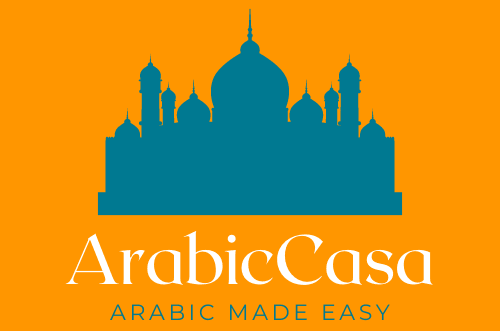Similarities And Differences Between The 6 GCC Countries
The Gulf Cooperation Council (GCC) is a political and economic alliance of six countries in the Arabian Peninsula: Bahrain, Kuwait, Oman, Qatar, Saudi Arabia, and the United Arab Emirates. Established in 1981, the GCC aims to promote regional cooperation and coordination among its member states. This article will list down some of the similarities and differences between the 6 GCC countries.
Similarities Between The GCC Countries
The Gulf Cooperation Council (GCC) countries have several common things and similarities, including:
- Language: The GCC countries share a common language, Arabic, which is the official language in all of them.
- Religion: The GCC countries are all predominantly Muslim, with Islam being the main religion in all of them.
- Culture: The GCC countries have a rich cultural heritage and share many traditional customs, such as traditional dress, food, and festivals.
- Economy: The GCC countries are heavily dependent on oil and natural gas as their main source of income. They also have a strong economic interdependence and are major exporters of oil and natural gas to the world.
- Political System: All GCC countries are monarchies, with a ruling family as the head of state, except Kuwait which is a constitutional monarchy.
- Military Cooperation: The GCC countries have a mutual defense agreement and they also often coordinate their military activities to maintain security and stability in the region.
- Vision: GCC countries have a similar vision for the region, they focus on maintaining stability, security, and economic development in the region.
- Joint initiatives: GCC countries have taken several joint initiatives to increase economic, political and social cooperation between the member countries.
- GCC Secretariat: GCC have a Secretariat based in Riyadh, Saudi Arabia which is responsible for coordinating the policies and activities of the council.
- Joint Foreign policy: The GCC countries often coordinate their positions on international issues and work together to promote their interests on the global stage. They also consult with each other on matters related to foreign policy and take joint positions in international organizations such as the United Nations and the Arab League.
Differences Between The GCC Countries
Despite the many similarities between the Gulf Cooperation Council (GCC) countries, there are also some differences among them. These include:
- Size and Population: The GCC countries vary greatly in terms of size and population, with Saudi Arabia being the largest and most populous, followed by the United Arab Emirates, Kuwait, Bahrain, Oman, and Qatar.
- Political Systems: Although all GCC countries are monarchies, the political systems vary from country to country. For example, Kuwait has a more democratic system, with an elected parliament and a constitutional monarchy, while other countries, such as Saudi Arabia, have a more absolute monarchy.
- Religion: Although all GCC countries are predominantly Muslim, there are differences in the interpretation of Islam and the degree of religious conservatism among the countries.
- Economic Structure: Each GCC country has its own economic structure, some countries like Qatar and UAE have a diversified economy while other countries like Bahrain and Oman have a more traditional economy.
- Natural Resources: The GCC countries have different natural resources, with some countries, such as Saudi Arabia and Kuwait, having large reserves of oil and natural gas, while others, such as Bahrain and Oman, have smaller reserves.
- Domestic politics: Each GCC country has its own domestic politics, some countries like Qatar and UAE have more liberal policies while other countries like Saudi Arabia and Bahrain have more conservative policies.
- Foreign policy : GCC countries have different stances on foreign policy issues, for example, Qatar has a more independent foreign policy while Saudi Arabia has a more assertive foreign policy.
- Military Strength: GCC countries have different levels of military capabilities, some countries like Saudi Arabia and UAE have advanced military forces while other countries like Oman and Bahrain have less developed military forces.
Conclusion
The GCC countries, also known as the Gulf Cooperation Council, are a group of arab countries located in the Middle East that include Bahrain, Kuwait, Oman, Qatar, Saudi Arabia, and the United Arab Emirates. These countries share many similarities, such as their dependence on oil and gas as a primary source of income, their adherence to the Islamic religion, and their use of Arabic as the official language. However, there are also significant differences among the GCC countries, including differences in political systems, economic development, and foreign policy. Despite these differences, the GCC countries maintain strong economic and political ties through the Gulf Cooperation Council and work together to promote stability and development in the region.
